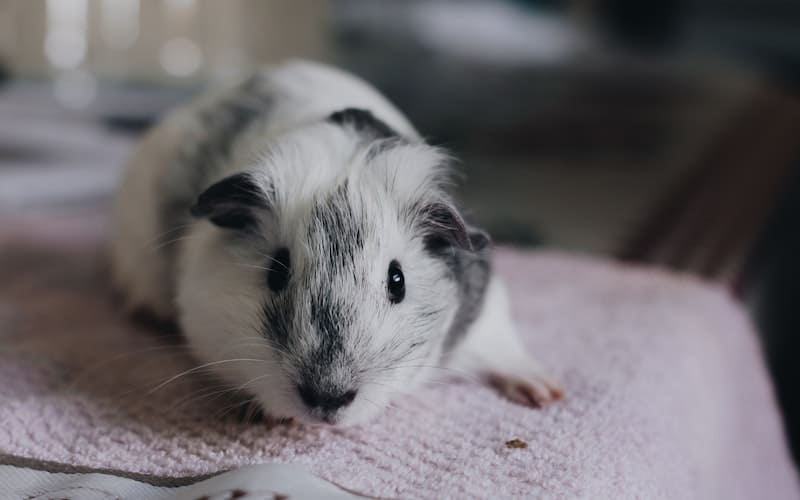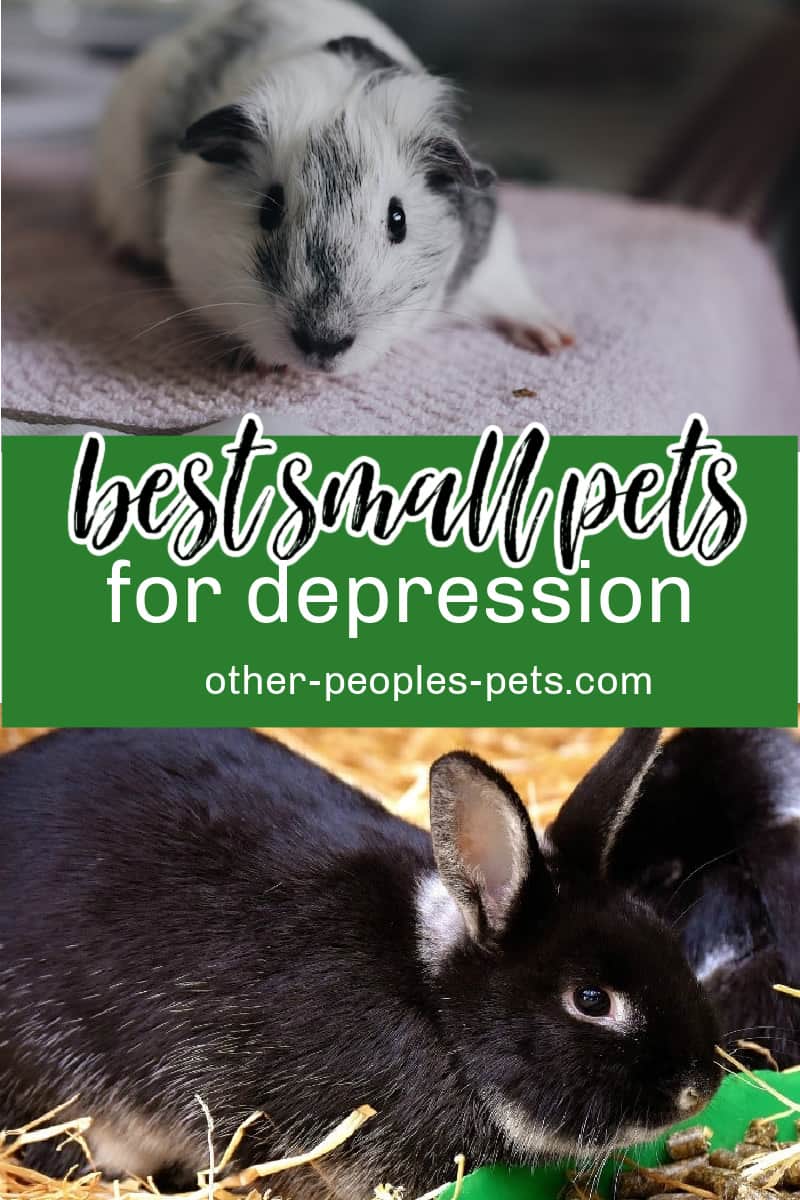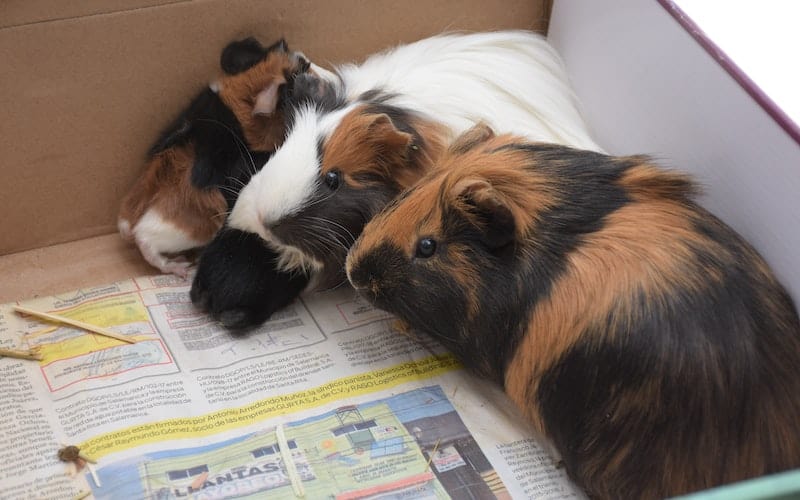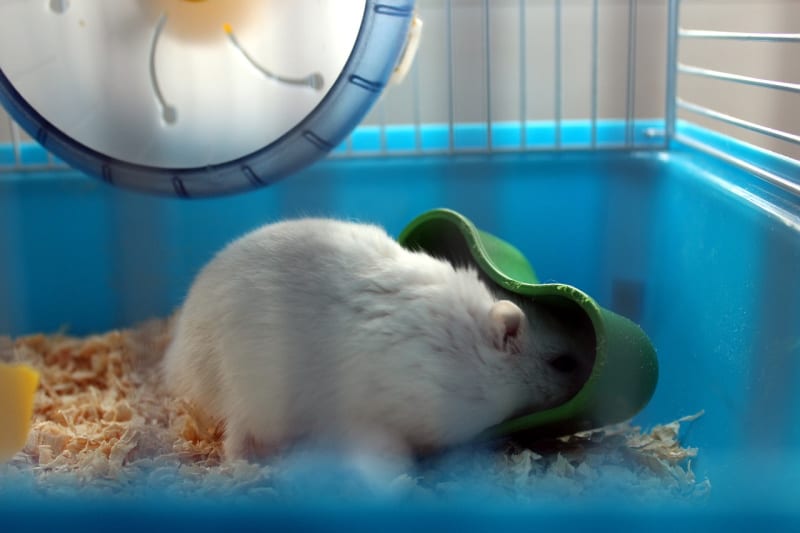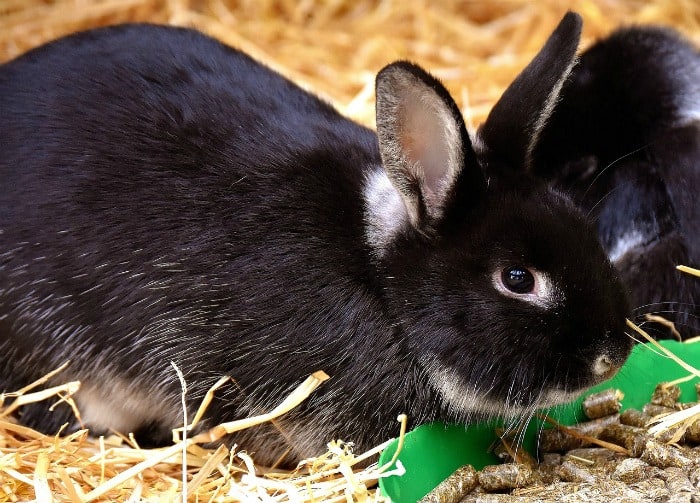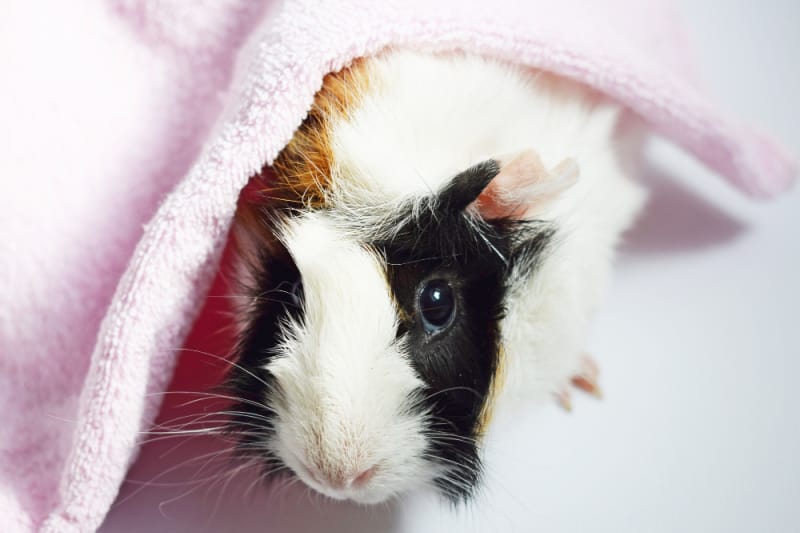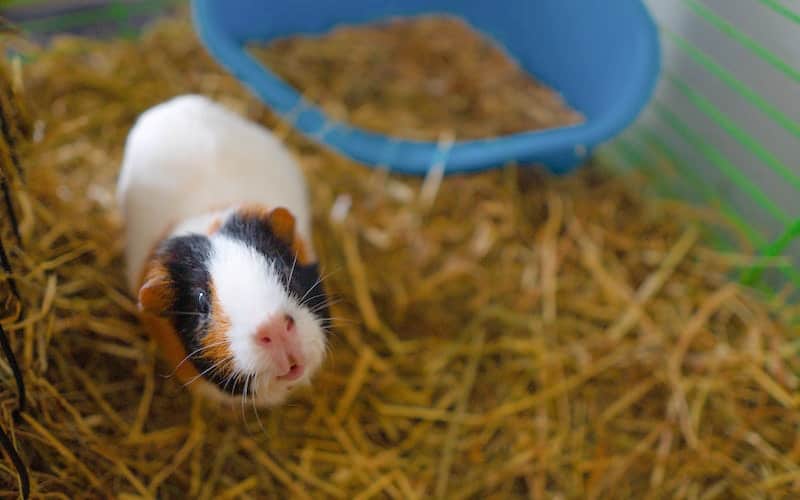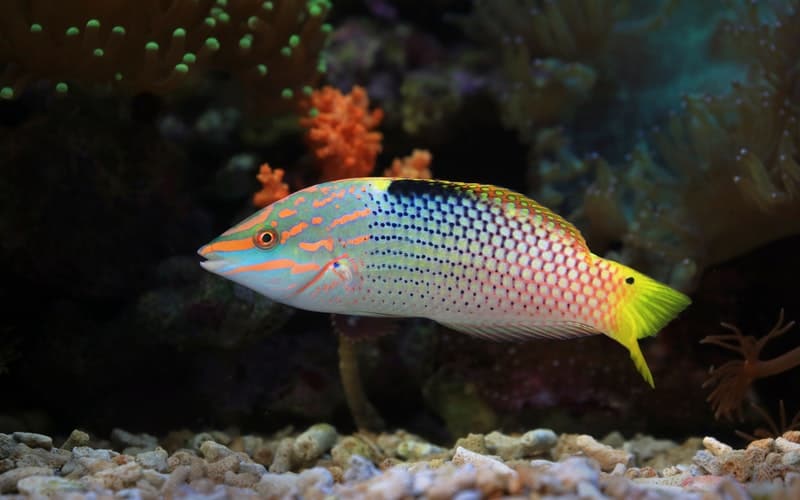Last Updated on July 30, 2023 by ellen
Check out the best small pets for depression and anxiety. Find out which animal companion can help support your mental health.
Posts may be sponsored. This post contains affiliate links, which means I will make a commission at no extra cost to you should you click through and make a purchase. As an Amazon Associate I earn from qualifying purchases.
Table of Contents
Best Small Pets for Depression
While we’ve all heard of service animals, not as many people are familiar with emotional support animals for pet owners.
if you speak to a mental health professional, they will mention that some people with mental health problems could benefit from a small pet. An emotional support animal like a guinea pig can support positive mental health.
Do pets help mental health?
Studies suggest that having a pet can help relieve stress, anxiety, and depression. Pets provide companionship and unconditional love which can be beneficial for those who struggle with mental health issues.
Benefits of pet ownership can include
Here are some benefits emotional support pet owners may see.
A sense of purpose and companionship
Feeling needed or appreciated
More structure to your day due to the needs of the pet (walking times, feeding times, etc.)
Reduced stress levels from taking care of another being
The opportunity for physical activities such as walks or playtime.
What is the most low maintenance small pet?
One of the most low-maintenance small pets is a guinea pig. They are social, gentle animals who provide companionship and love to their owners. They require regular cleaning and grooming but they do not need as much exercise as some other small pets. With proper nutrition, they can live up to 8 years in captivity.
Things to consider before you get a pet
Before you choose a pet for emotional support, it is important to consider the needs and lifestyle of both you and the animal. Consider your living situation (space, allergies) and then research different breeds of animals that meet your criteria.
It is also important to make sure you have enough time to dedicate to taking care of an animal before committing as this is important for their well-being.
Having a pet can be therapeutic and rewarding, so if you are considering getting one, make sure to do your research before committing. Emotional support animals like guinea pigs can offer companionship and unconditional love that might be beneficial for those suffering from mental health issues.
With proper care and nutrition, they can live up to 8 years in captivity, making them a great small pet for depression and anxiety.
So if you’re looking for a furry companion that can help support your mental health, consider getting a guinea pig as an emotional support animal. They are low-maintenance, social, and can make a great addition to any household.
Can small pets help with anxiety?
Small pets like guinea pigs, hamsters, and gerbils have been known to reduce stress and anxiety levels. The presence of small animals can help bring focus back to the present moment, which is especially beneficial for people with depression or anxiety.
Additionally, these pocket-sized companions require daily care that can provide structure and a sense of purpose each day.
If you’re considering a small pet, it’s important to remember that some require more care than others. Many of the smaller animals, like hamsters and gerbils, are nocturnal and may not be suitable if you live in an apartment or have other roommates.
Guinea pigs can also require more attention than many people expect.
Ultimately, the best small pet for you is the one that fits your lifestyle, budget and overall needs. With a bit of research, you can find the ideal companion to help support your mental health.
What small pets are good for pet owners with depression?
If you’re struggling with mental health issues, consider the following small pets that are good for providing emotional support:
Guinea Pigs – These furry little rodents make great companions and provide lots of love and joy. Guinea pigs make great pets and companion animals.
Rabbits – A rabbit is an excellent pet to have if you struggle with depression. They can be gentle and affectionate companions who are entertaining to watch.
Fish – Watching fish swim in their tanks can be a great distraction from negative thoughts, providing calm and serenity. They can be the perfect company for many pet owners.
Hamsters – These little rodents are fun to watch and interact with. They are also very low maintenance and make great pets for emotional support.
Pet rat – Rats can be incredibly intelligent and social creatures. They make fantastic companions and are easy to care for. Keep in mind they are not often awake during normal human hours because they are nocturnal animals.
Budgies – These birds are a great pet for anyone struggling with depression or anxiety. Their singing can provide a lot of comfort in times of stress. Birds are a fairly low maintenance pet.
Cats and Dogs – While cats and dogs require more care than small animals, they can provide an immense amount of love and companionship for pet owners. A cat or dog can be a lifelong companion.
Is a guinea pig good for emotional support?
A guinea pig is an excellent emotional support pet for people struggling with depression. They are gentle, social animals who provide companionship and unconditional love.
They require regular cleaning and grooming but not as much exercise as some other small pets. With proper nutrition, they can live up to 8 years in captivity, making them a great long-term companion.
They really are one of the best small pets for depression. They are relatively low maintenance and can be found at most pet stores.
What do I need to care for guinea pigs?
Caring for guinea pigs requires a few basic things.
Cage – Your guinea pig should have plenty of space to move around, so consider getting a cage that is at least 7.5 square feet in size like this one.
Bedding – Wood shavings or hay make good bedding materials for your guinea pig’s cage.
Food – A healthy diet for guinea pigs consists of hay, fresh vegetables and fruit, and a vitamin supplement.
Water bowl – Small pets need access to clean water at all times.
Toys – Provide your piggie with toys to keep them entertained and help stimulate their minds. I like these.
Veterinarian – Find a veterinarian who specializes in small animals to look after your guinea pig’s health.
Taking care of a small pet can be very rewarding and provide emotional support for those struggling with anxiety or depression. With proper research and preparation, you and your furry companion can live happily together for many years. to come.
Consider your own needs first before selecting your small pet.
Evaluate factors such as the amount of time you can dedicate to care and exercise, as well as whether any allergies or sensitivities may come into play. With some research, you can find the perfect small pet that will help positively support your health.
By having an emotional support animal, you can boost your overall wellbeing
Regardless of which small pet you choose, it’s important to remember that any pet should be treated with love and respect. They will provide unconditional support, but only if they are given the same in return.
Take some time to research which small animal is best for your needs and lifestyle. With a little bit of effort, you can find a furry friend that will bring comfort.
Reach out to your veterinarian or local animal shelter for more information on how to become a responsible pet owner and what type of pet would be the best fit for you.
If you enjoyed this article, please subscribe and share.
Related Reading

Ellen runs a small pet sitting business in southern Vermont. She has experience with a variety of small animals, dogs and cats. She has also cared for ducks, chickens and rabbits. Combined, she has over 20 years of experience in pet care and pet sitting.
